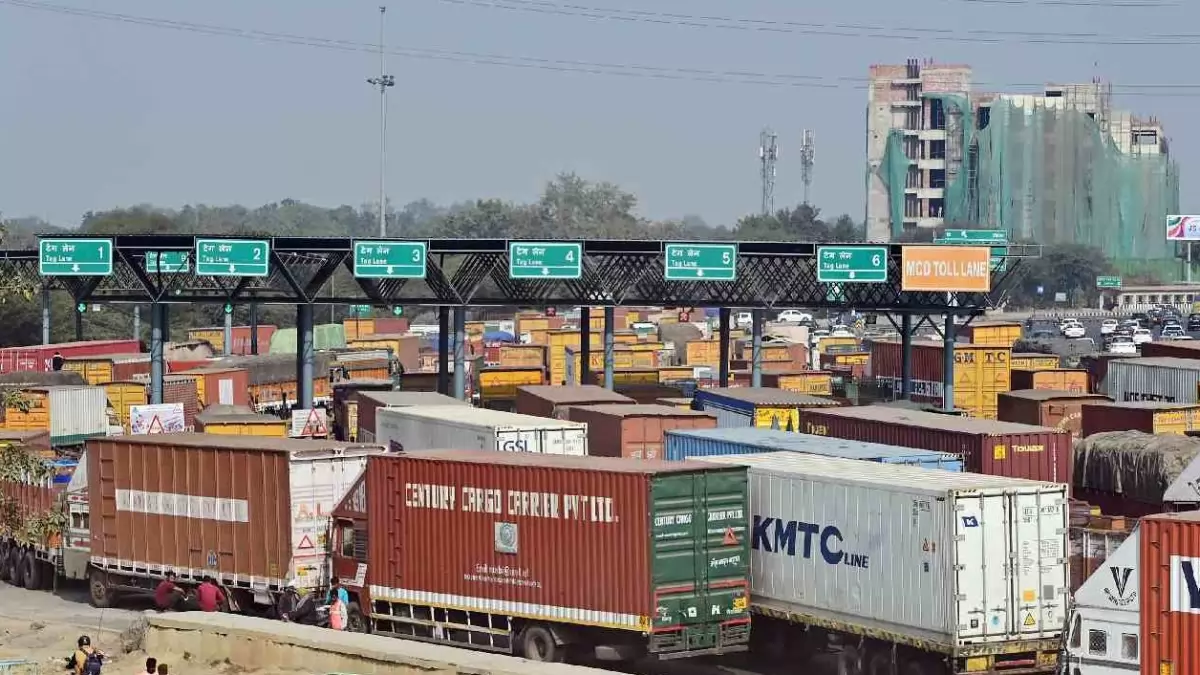
ANI
New Delhi: In the imminent future, bid farewell to the need for FASTags at toll plazas, as India gears up to implement cutting-edge toll collection technology. According to Union Minister Nitin Gadkari, the government is on the cusp of introducing a revolutionary GPS-based toll collection system that will supplant the prevailing method of toll tax collection from vehicles. The current system relies on RFID-based technology, known as FASTag, situated at physical toll plazas along the nation's highways, mandated approximately three years ago.
Minister Nitin Gadkari recently unveiled plans for the prospective GPS-based toll collection system, scheduled for potential implementation by March next year. The primary objective is to alleviate traffic congestion at toll plazas, a persistent issue that the introduction of the FASTag system aimed to address back in February 2021. Notably, the forthcoming toll collection system is poised to enhance tax collection by factoring in the distance traveled by passengers.
Speaking at an event on December 20, Gadkari emphasized the government's exploration of innovative technologies, including GPS-based toll systems, as alternatives to conventional toll plazas. He announced a targeted rollout of the new GPS satellite-based toll collection system across the country by March of the upcoming year.
The proposed GPS-based toll collection system represents a paradigm shift. It will scan vehicle number plates and seamlessly collect toll tax. Gadkari disclosed that the system has undergone successful trials at two locations. Functioning through an automatic number plate identification system utilizing cameras, the system captures information while the vehicle is in motion. The number plates will be intricately linked to the respective accounts, facilitating toll tax deductions based on the distance traveled.
Contrasting GPS-based and FASTags
Distinguishing itself from the current FASTag system, the GPS-based toll collection operates without the need for vehicles to halt at toll plazas. Instead, it employs advanced technology to scan number plates while the vehicle is in motion. The RFID-supported barrier, characteristic of the FASTag system, necessitates vehicles to stop at toll plazas for scanning, often leading to extensive queues, counterintuitive to the intended efficiency.





Copyright © 2025 Top Indian News
